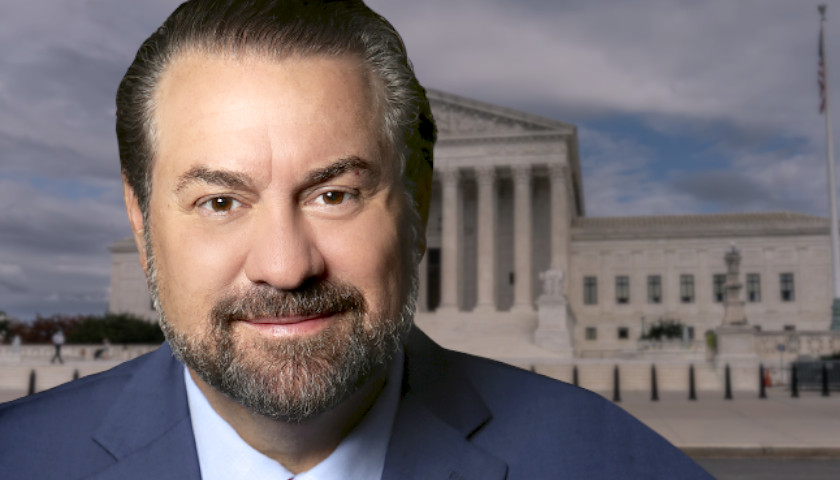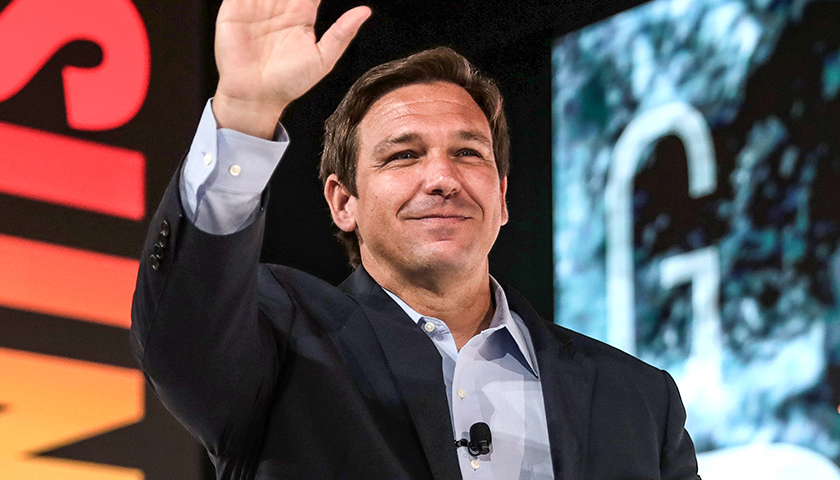The Department of Homeland Security (DHS) will make it easier for certain illegal migrants benefiting from certain welfare programs to stay in the country beginning Dec. 23.
The “Public Charge” rule, which applies to noncitizens “likely at any time to become a public charge,” will no longer consider certain nutrition, health and housing benefits for inadmissibility, according to DHS. Noncitizens who are considered a “public charge” face potential inadmissibility and denial of Green Card status.
Read More







